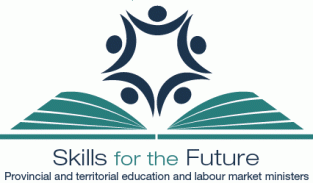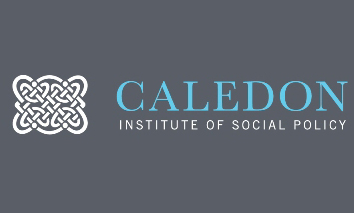Be part of Cannexus19, Canada’s National Career Development Conference!

JULY 2018 – CANADA
Registration for Cannexus19, Canada’s National Career Development Conference is now open with both 3-day ($450) and 1-day ($225) packages available! CCCBET is proud to be a supporting organization and encourage you to take advantage of special supporting organization rates. Super Saver deadline is September 5, 2018.
Cannexus is designed to promote the exchange of information and explore innovative approaches in the areas of career counselling and career development. The conference expects to welcome 1,000 participants from Canada and internationally to the Shaw Centre in Ottawa, January 28-30, 2019.
Conference delegates can listen to three inspirational keynote speakers and choose from over 130 education sessions. Topics will include effective counselling techniques, labour market information, post-secondary employment, career assessments, job search strategies, workforce development and serving diverse populations. An Exhibitor Showcase will bring together organizations highlighting their valuable career development programs, products and services.
Optional pre-conference workshops will once again each provide in-depth professional development. Choose among the following:
– Trina Maher, Chief Creative Spirit, Bridging Concepts | Helping Indigenous Talent Tap into Their Potential
– Elaine Newman, Founder & CEO, Global Learning | Unconscious Bias: Understand, Define, Mitigate
– Graham Donald, Brainstorm Strategy Group | Employer Engagement to Increase Hiring on Your Campus
– Rob Straby, Co-ordinator & Professor, Career Development Professional Program, Conestoga College | Use the Power of Stories to Find Gigs!
– Kristen Klassen, PhD, Founder, Brickstorming | Building Insights and Confidence for Career Development Professionals Using LEGO® SERIOUS PLAY®
Here is just some of what attendees had to say about the last Cannexus:
“When I get to Cannexus, I spend the next 3 days living and breathing an amazing experience. I can’t get enough of the information, the networking and value throughout these interactions. The human capacity within the Shaw Centre during this event is enlightening and inspirational.”
– Amber Taylor, Employment Consultant, Sault College – Employment Solutions, ON
“Top-notch learning and networking experience………unparalleled. By far the best use of our staff development dollars! Highly recommend the Cannexus experience to my colleagues in the field of training, employment, skills development and career services professionals! Allows organizations and their staff team to see how their work fits in a national and international context…which is crucial!”
– Randy Lindsay, Executive Director, Futureworx Society, NS
The conference is presented by CERIC and supported by The Counselling Foundation of Canada and a broad network of supporting organizations.
For more information and to register, visit www.cannexus.ca.























